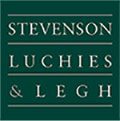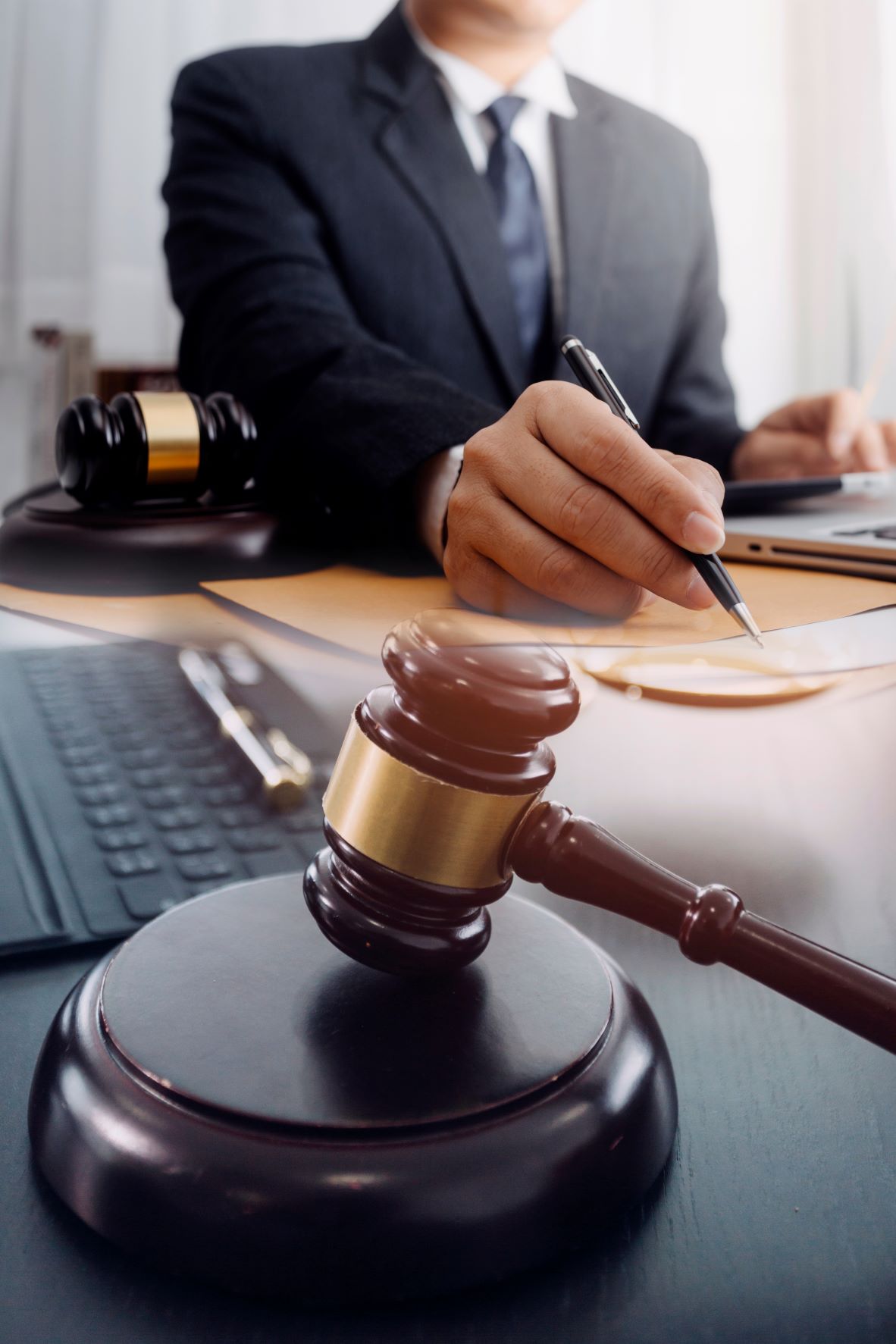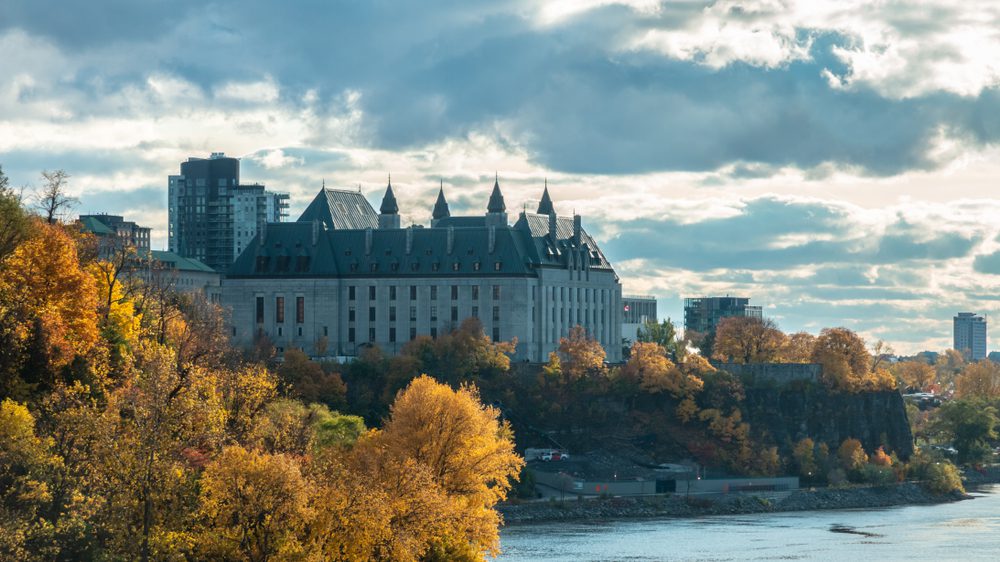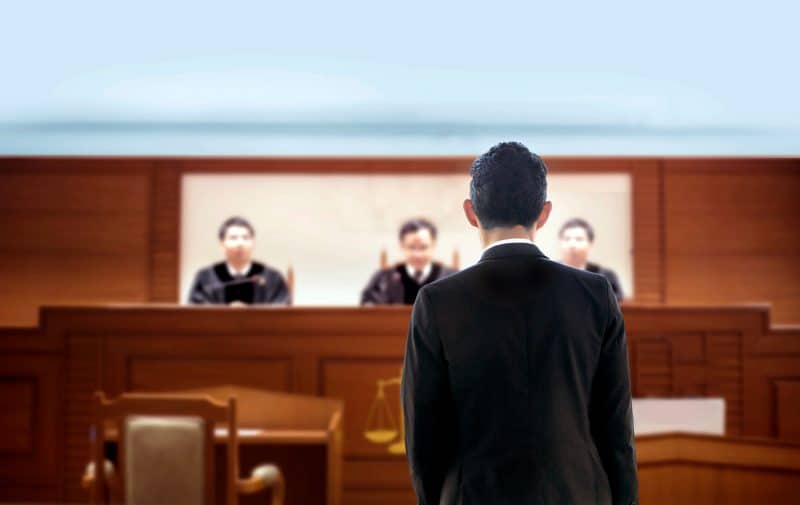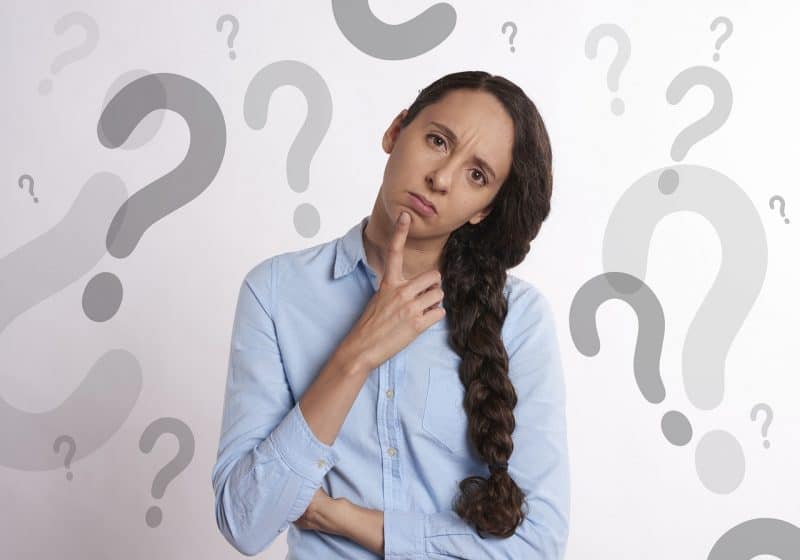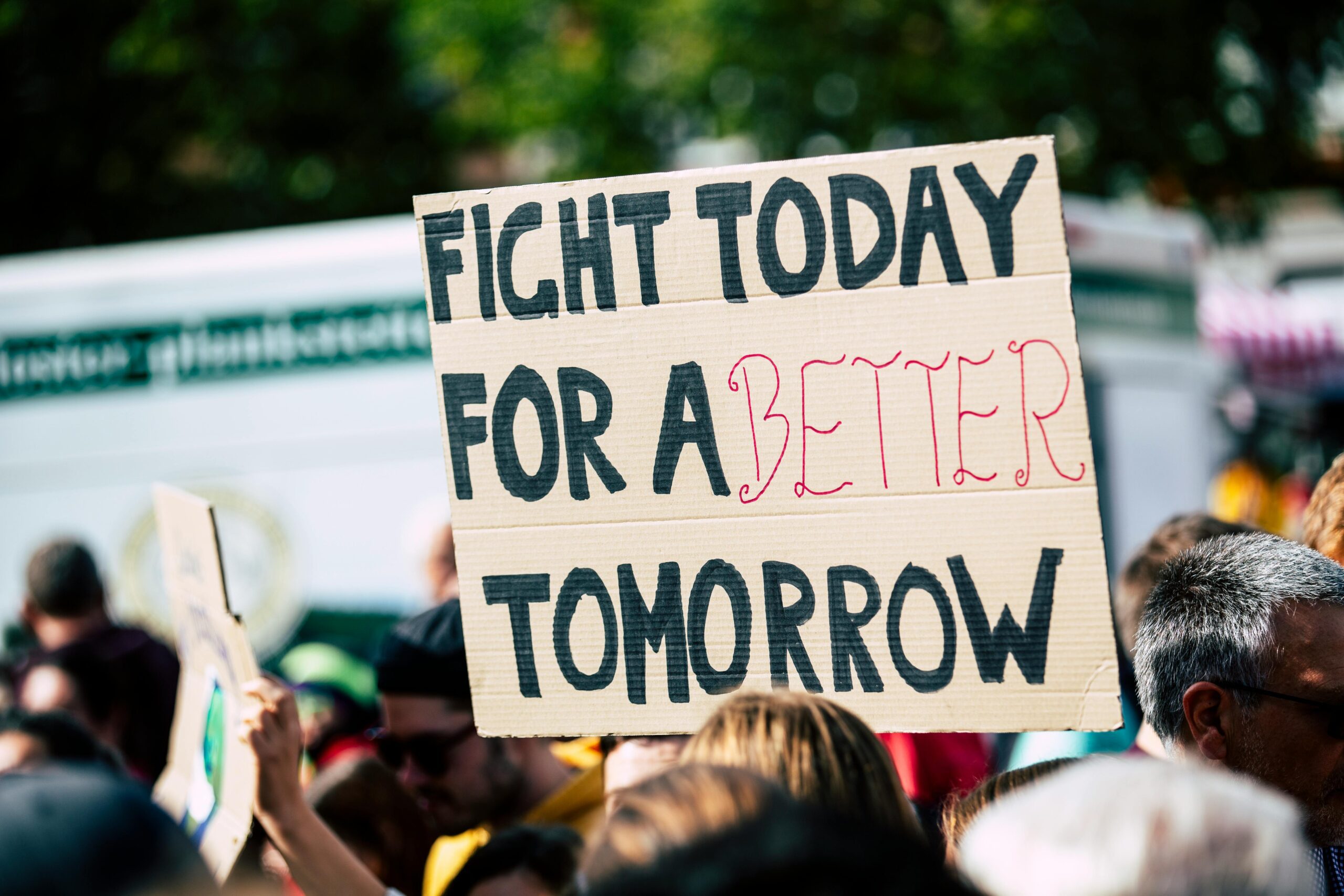
Without the rule of law, democracy cannot function
The rule of law means that everyone — including governments — are bound by the same laws.
James A.S. Legh
A commentary by a Victoria barrister and solicitor.
The rule of law is one of the most important principles of a democratic society.
It means that everyone — including governments — are bound by the same laws. It ensures that the law is applied fairly and transparently, even to government actions. This is essential because in every country, it is the government that has the greatest impact on the rights and lives of every single person. Without the rule of law, democracy cannot function.
When respect for the rule of law is strong, people trust that their rights will be protected, disputes will be resolved fairly and government power will be limited by legal safeguards. When it is weak, decisions become arbitrary, and power can be used to punish opponents and silence critics, leaving citizens with little recourse.
History shows us how quickly societies can slip from lawful governance into chaos or authoritarian rule when the rule of law is ignored. Over the past 100 years, we have seen this in countries such as Germany, Russia, China, Iran, Myanmar and Venezuela. The warning signs are strikingly similar:
Politicians attacking courts and judges, framing them as enemies of the people.
Undermining independent regulators by controlling appointments or limiting oversight.
Silencing media and dissent by threatening broadcasting rights and labelling critics as traitors or terrorists.
Replacing legal process with force, including using the military or police without court oversight.
Recent events in the United States show how even established democracies are not immune:
Politicians have increasingly and aggressively criticized the courts. In August 2025, the U.S. government went further, sanctioning International Criminal Court judges — including a Canadian judge — for simply doing their jobs.
In September 2025, U.S. forces have destroyed three Venezuelan vessels, killing about 17 people. Whatever crimes those onboard may have been accused of, killing them without legal process raises serious concerns about bypassing due process and replacing courts with guns. These are the tactics of dictatorships like Russia and other non-democratic regimes.
American politicians have proposed punishing broadcasters for negative coverage of government, silencing opposition voices and designating certain political ideologies as “terrorist organizations.” In such a world, simply thinking in a way the “government opposes” will make someone a “terrorist.”
The suppression of dissent is the opposite of support for the rule of law. It begins to resemble the warnings set out in George Orwell’s 1984.
Here in Canada, we are not immune.
Premier David Eby recently referred to a suspect as “a murderer” before a trial had taken place — language that undermines the presumption of innocence and due process. His government also passed legislation replacing the Law Society of B.C. with a new, government-controlled regulator of lawyers. Debate on this fundamental change was cut short in the legislature and critics, including the Law Society itself, warn that the public will lose access to independent lawyers, a cornerstone of a strong democracy. Even those who criticize lawyers will need and want strong, independent counsel when the power of the government brought to bear on them.
In Ontario, Premier Doug Ford has publicly criticized judges and even suggested that judges should be elected — a change that would introduce politics into our courts and threaten judicial independence.
In Alberta, Premier Danielle Smith has criticized the chief electoral officer for referring a referendum question to the courts, thus pressuring or undermining judicial decision-making, and was found to have breached her duties by contacting the attorney general about a criminal matter. The commissioner wrote: “It is a threat to democracy to interfere with the administration of justice.”
These are not minor missteps. They signal a troubling shift. When leaders and institutions undermine courts, due process and independent decision-making, public confidence falters. Once trust in the justice system collapses, so too does respect for the law itself.
The rule of law is more than a legal concept.
It is the safeguard that protects our freedoms, ensures government accountability, and prevents society from descending into chaos or tyranny. It is easy to take for granted — until it is gone.
All Canadians must understand, value and defend the rule of law. This responsibility belongs not only to lawyers and judges, but to all citizens and leaders. The rule of law will not defend itself. If we fail to uphold it, we risk losing everything.

I couldn’t imagine using any other law firm.
A.
Danni, being smart and keeping calm are two key things. The third is, you don’t drop the ball.
S.H.
Tyler Luchies has been an incredible lawyer for many different situations. Thank you!!!
A.
There is a special place in heaven for you. Thanks for getting me to the finish line.
C.B.
You all will always be a big part of my life.
J.G.
She was always available to listen to my questions and concerns and was able to explain and reassure with a caring professionalism.
M.C.
Jim Legh is funny and makes relief from stressful situations.
A.F.
Share This
